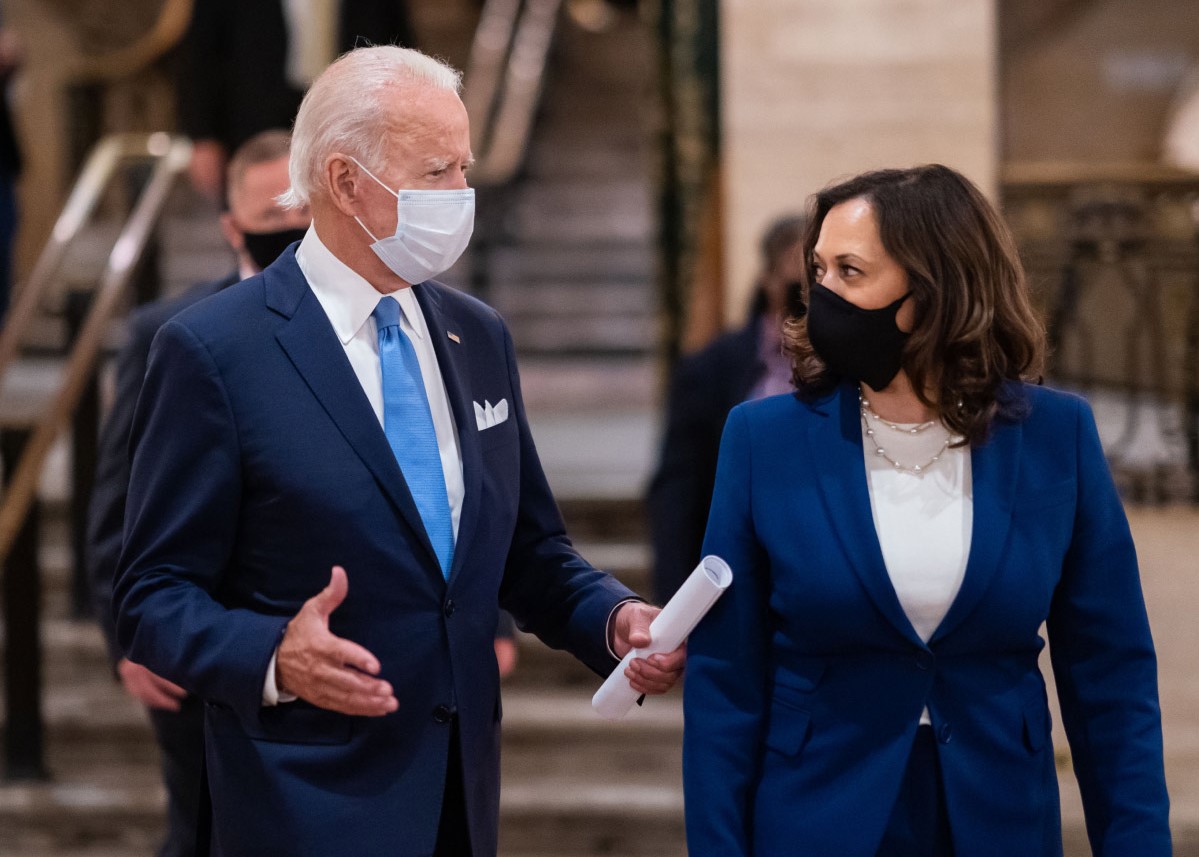A New Year Brings New Hope
We are elated that on the week of celebrations of Dr. Martin Luther King Jr.’s life and legacy, we welcomed Vice President Kamala Harris, the first Black, South Asian and woman to be elected to that office—we witnessed an historic event!
We also welcomed President Joe Biden, who has already proposed a plan for emergency assistance and economic recovery, a bold proposal at a time when millions of people across the country remain unemployed, unable to pay rent or buy food for their families.
And we are thankful the new administration has made racial equity one of its immediate priorities. It’s an encouraging sign at a time of racial reckoning across the nation.
Economic Need Remains Elevated
The administration’s recovery package has the potential to cut child poverty in half in 2021, adds additional stimulus money for struggling families, proposes an increase to the federal minimum wage and more. This is an ambitious and admirable goal, and we hope it comes to fruition.
While passage is not assured at a time of deep political divisions, we see it as a sign that this new administration is fully aware of the economic hardships that impact people of color the hardest.
The COVID-19 relief package the U.S. Congress passed at the end of the last session was a good start, but it was not enough to survive the continuing crisis and get us on a solid footing to a post-pandemic economic recovery.
That $900 billion measure included a $600 stimulus check per person. Considering that 8 million more people have fallen into poverty since the pandemic started, this is inadequate to meet their current needs. Biden’s new plan adds $1,400 the stimulus checks, for a total of $2,000.
The bill that was enacted in December also contained $13 billion in nutrition benefits and $25 billion in rental assistance, a significant amount at a time of great need. This aid will help thousands in Washington state who could be facing eviction when the local and state moratoriums ends in March.
Millions of tenants across the nation and in our state have fallen behind in their rent and continue to accumulate rent debt.
The crisis has hit communities of color particularly hard—while 5% of white households are struggling with rent, 21% of Black and 32% of Latino households have fallen behind.
In 2020, King County, the City of Seattle and United Way leveraged CARES ACT funds and private donations from businesses and individuals to help thousands access rental assistance across the county. Partnerships with community-based organizations and landlords helped us get the funds where they were most needed. These resources kept thousands in their homes, but much more is needed to help our neighbors avoid evictions and homelessness in 2021.
The new COVID Relief Bill provides $25 billion in additional emergency rental assistance. The CARES ACT Rental Assistance programs provided some important lessons that we hope the new administration will adopt. We urge the White House to adopt the recommendations from the National Low Income Housing Coalition.
We are hopeful that the Washington Legislature will fund additional rental assistance programs so we can keep more people in our community from losing their homes when the state and local eviction moratoriums expire in March 2021.
According to Feeding America, more than 50 million people, including 17 million children, will experience food insecurity this year, a rise of 13 million since 2018.
As in the case with rent, food insecurity has impacted Black, Latino and other people of color disproportionally hard. According to King County, 11% of Black and 14% of Latino adults reported not having enough to eat, while 5% of white adults reported being food insecure in that same period.
We urge the new administration to increase nutritional funding for low-income people through SNAP or other child nutrition programs. We are happy to see that President Biden has already signed a series of executive actions to begin the process of addressing food insecurity, and we hope to see more actions in the future.
Good social justice policy is needed from the federal government. With support from local donors, United Way is ready to help implement those policies in equitable, responsive and scalable ways.
President Biden has signaled his willingness to reach across the aisle to do the work that is urgently needed to help people. We hope that, after years of acrimony in the nation’s capital, he can bring back some sense of cooperation to help those in need and pass this new proposal.


Comments